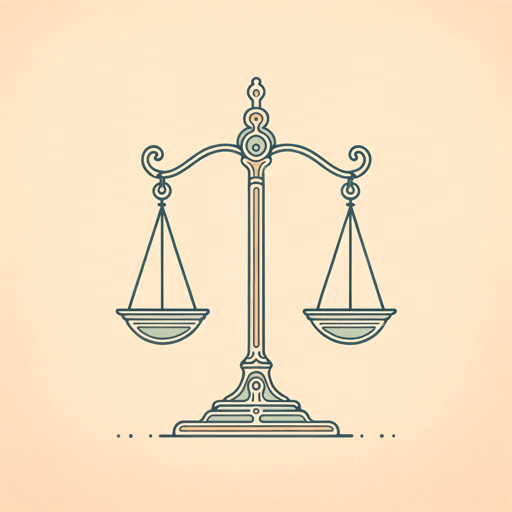38 pages • 1 hour read
PlatoGorgias
Nonfiction | Book | Adult | BCEA modern alternative to SparkNotes and CliffsNotes, SuperSummary offers high-quality Study Guides with detailed chapter summaries and analysis of major themes, characters, and more.
481b-527eChapter Summaries & Analyses
481b-527e Summary
Callicles now breaks in. In response to an extended speech in which Socrates defends the importance of philosophy and his method, Callicles claims that Socrates used a cheap trick to make Polus concede that doing wrong is more shameful than suffering wrong. Callicles argues that the weak invented such conventions (nomoi) to defend themselves against the strong, but that nature (physis) dictates that it is right for the stronger to rule the weaker. Socrates, after praising Callicles for his frankness, presses him to clarify his position, leading Callicles to make the case that by “stronger” he means those who have superior intelligence and courage, and that individuals who possess these virtues should rule over others.
Socrates tries a different approach, suggesting that somebody who exercises “moderation” (sophrosyne) would be happier than somebody who is inclined to excess. Callicles, on the other hand, maintains that “pleasure” (hedone) produces happiness, even when Socrates exposes the implications of this position—namely that, in Callicles’s view, it would be good to satisfy even one’s most despicable desires (including irregular sexual practices) provided they produce pleasure. This notion elicits horrified disgust from Callicles.
Socrates then argues that it is mistaken to identify pleasure and good.
Related Titles
By Plato
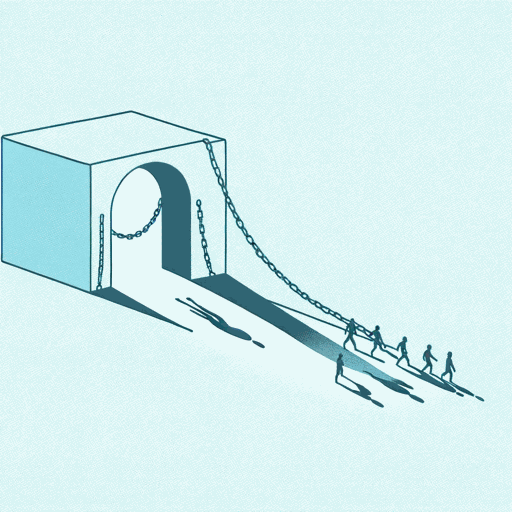
Allegory Of The Cave
Plato

Apology
Plato
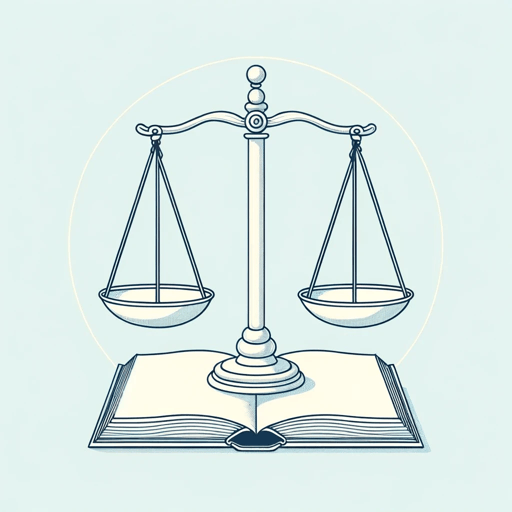
Crito
Plato
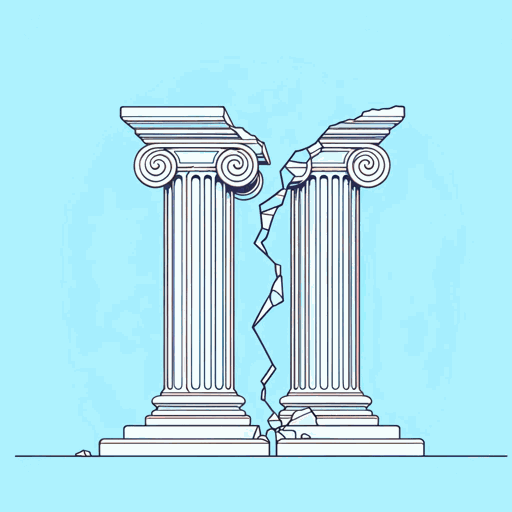
Euthyphro
Plato
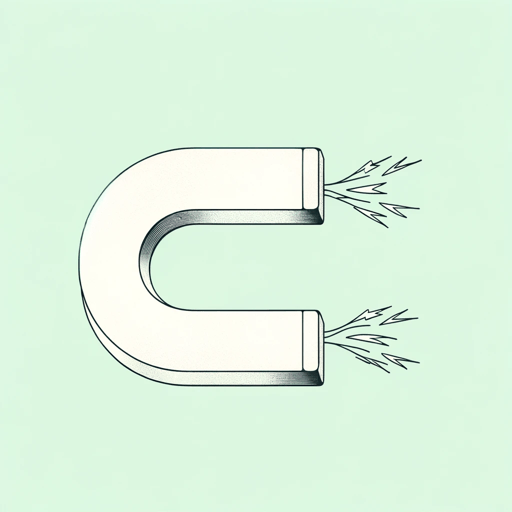
Ion
Plato

Meno
Plato
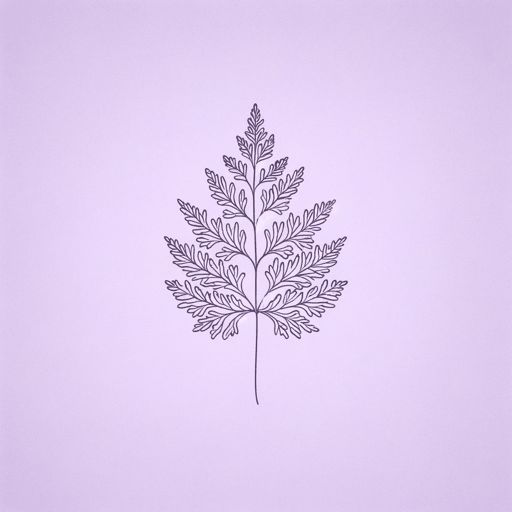
Phaedo
Plato
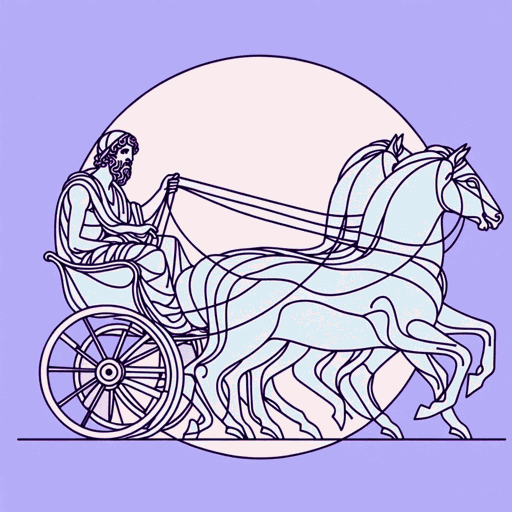
Phaedrus
Plato
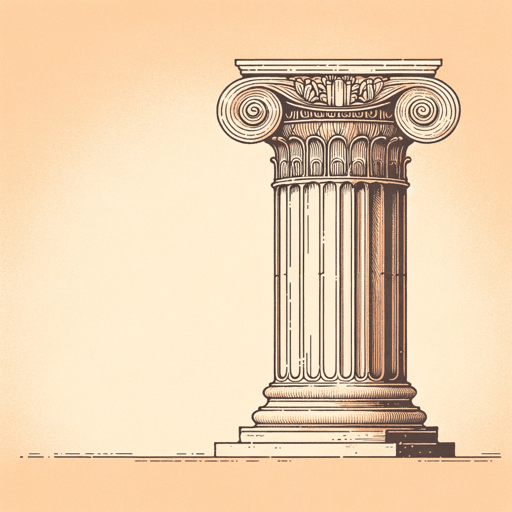
Protagoras
Plato
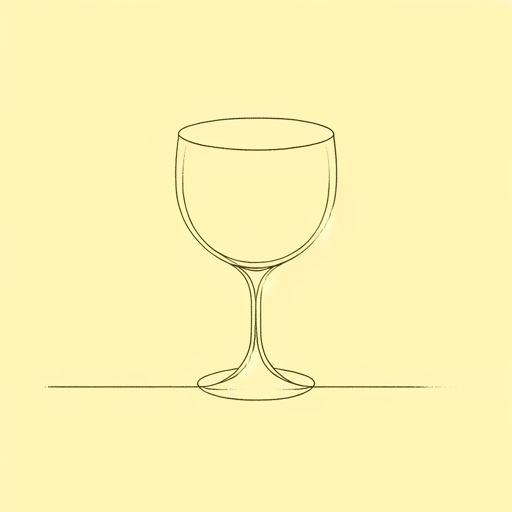
Symposium
Plato
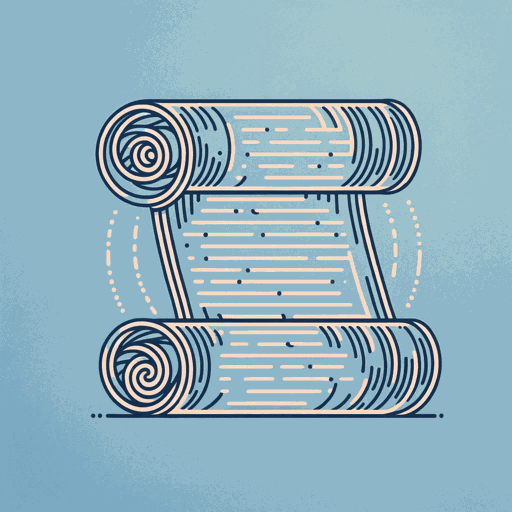
Theaetetus
Plato
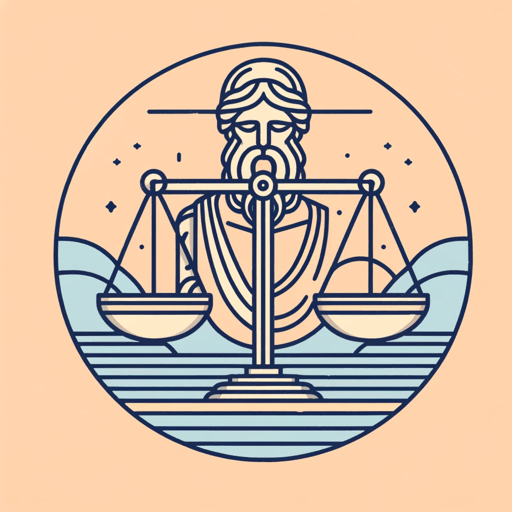
The Last Days of Socrates
Plato
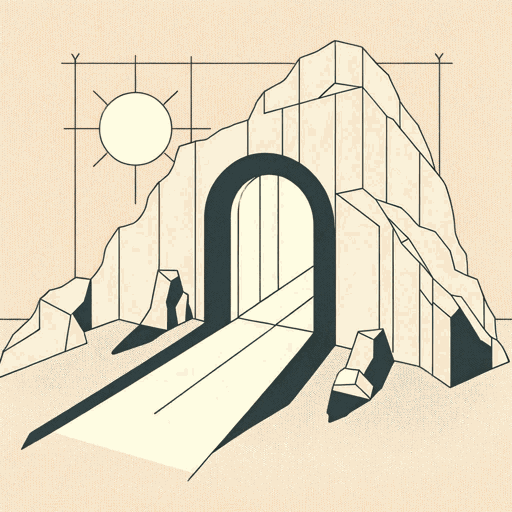
The Republic
Plato
